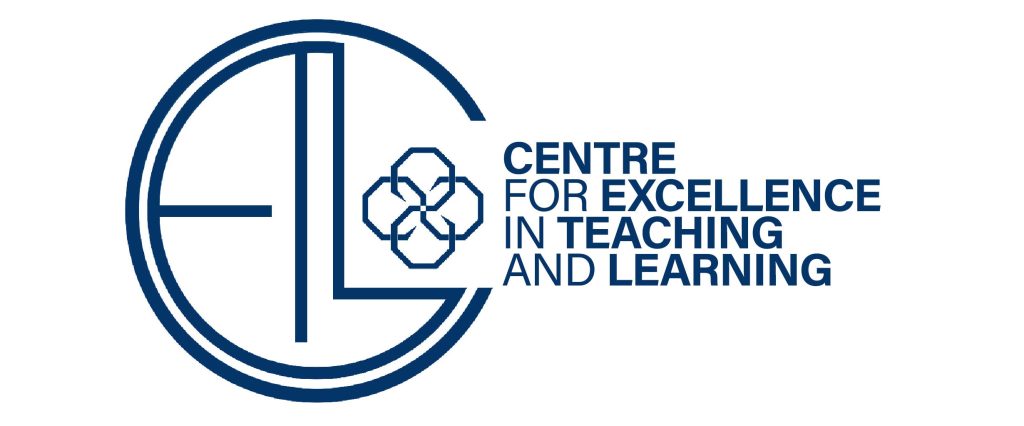Centre for Excellence in Teaching and Learning
South Asian University
Call for Abstracts/Papers
Epistemic Shifts from the Global South: Disrupting Colonial Cartographies of Knowledge
A lot of questions are being raised about how knowledge is produced and these questions emanate from the realization that the existing epistemological boundaries and framings are not sufficient to understand the world that we inhabit. There have been classical debates around how colonial rulers saw formal education as a way to subjugate the mind of people; debates around history writing paved way for emergence of subaltern school of historiography; gender theorists started digging up the works of women scholars from the South. These debates have been taking place across different disciplines. Decoloniality appeared as one of the stronger ways of rethinking the knowledge systems of the colonized world. Even within decolonial discourse, understandings of how to decolonise knowledge systems have been diverse and non-linear.
Thinkers like Aníbal Quijano made a distinction between colonization, as a historical event and coloniality, which is more than the past as it is about a continuing logic of power, a persistent pattern of domination established during colonialism which still continues. A few other scholars have acknowledged the rationality that emerged from post-enlightenment Europe but they critiqued the violence that accompanied the forcible spread of this understanding of rationality. There has also been a very rigid straightforward critique of any knowledge form that emerged from Europe. Then there are scholars who have been grappling with the idea about how to cull out concepts from the knowledge systems of the South.
There has been scholarship which has talked about ‘pluriversality’ a key concept in decolonial thought, which challenges one single, universal way of knowing and being, which was fed by the epistemological project of modernity and colonisation. Works of Mignolo, Escobar, Boaventura de Sousa Santos, Marisol de la Cadena, Silvia Rivera Cusicanqui and others have significantly developed around this concept. Instead of one singular truth or way of knowing the world there is possibility of coexistence of multiple worldviews, rationalities, and epistemic traditions. This, it has been argued, becomes significant when one looks at the knowledges of the Global South. The idea of pluriversality argues against privileging of one system of knowledge and for recognising diverse epistemologies as legitimate and capable of producing truth. This is one of the ways one can decentre the dominant framework of looking at the world.
Looking at the vast canvas of debates concerning what is knowledge and how knowledge has always been intertwined with the political, cultural and social processes one realizes that the task of framing the South Asian Knowledge Systems (SAKS) is more than merely reproducing what was produced in this part of the world. It is neither about uncritically using those knowledges nor about restricting it to a mere past. It is about looking at knowledge production as a continuous process and making sense of how to read the knowledges produced in the South in context of their own space and time. There is a need to focus on how theorists/Theories and concepts tried to understand the whole process of knowledge production. It is also the time when one starts looking at the works, theories, concepts, epistemologies in general, produced in the South. An intellectual exercise that would critically engage with themes of how to develop a method of engaging with those epistemologies becomes very important and a beginning point in this direction.
The Centre for Excellence in Teaching and Learning invites abstract from research scholars (who are enrolled in PhD programmes) on the broader aspects of the above theme. Once abstracts are accepted papers will have to be submitted within a stipulated time frame. The following themes are indicative and submissions can go beyond but within the larger area of the conference:
- Framing the South Asian Knowledge Systems: A philosophical, theoretical encounter
- Many meanings of ‘decolonised knowledge systems’ through reflections on philosophical/theoretical works from South Asia
- Making sense of ‘Pluriversality’: Expanding the epistemological boundaries
- Thinking of concepts from the South Asian context and how to understand the society using those concepts
- Reflections on the distinction between ‘coloniality’ and ‘colonization’ and its implications for knowledge production.
- Is decolonization only about intellectual/cognitive colonialization of one nation by another or is it also about intellectual colonization of any periphery by the core in social, geographical or cultural terms?
- Is decolonisation about destabilizing the presence of ‘centre’? Looking at the coloniality of power within the core-periphery framework
| Tentative Schedule Last date for submission of abstracts: 15th December 2025 Intimation about acceptance of abstract: 30th December 2025 Registration by those whose abstracts are accepted: 15th January 2026 Registration fee: Rs.1000/- Draft paper submission: 15th March 2026 Tentative date of conference: 9-10 April 2026 (Final date to be announced after Registration) All paper presenters will be issued certificate of participation Select papers will be published in an edited volume/Special issue of journal Submit your abstract at: conference.cetl@sau.int |

